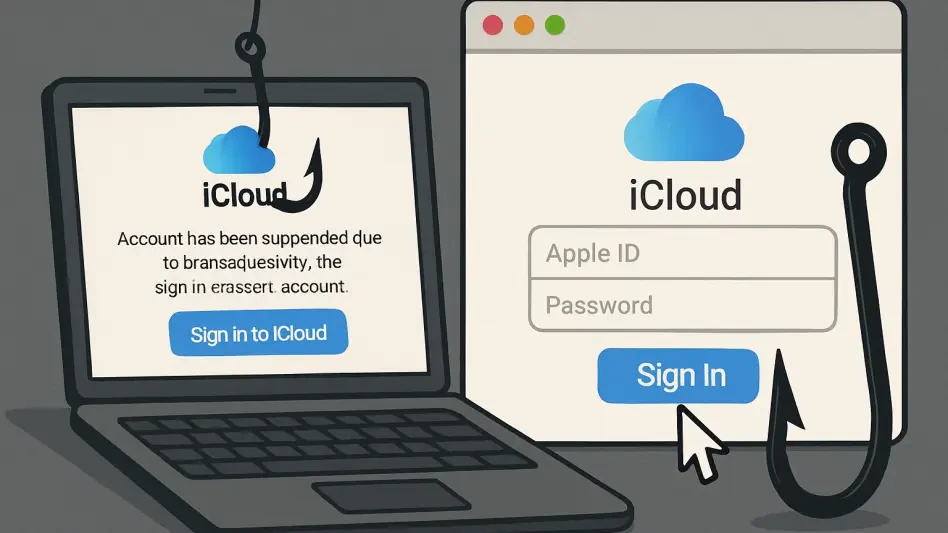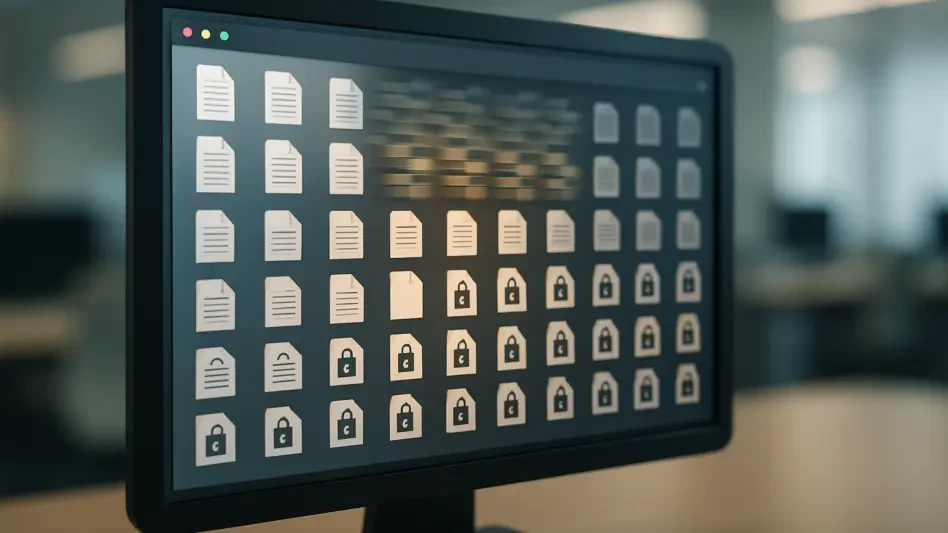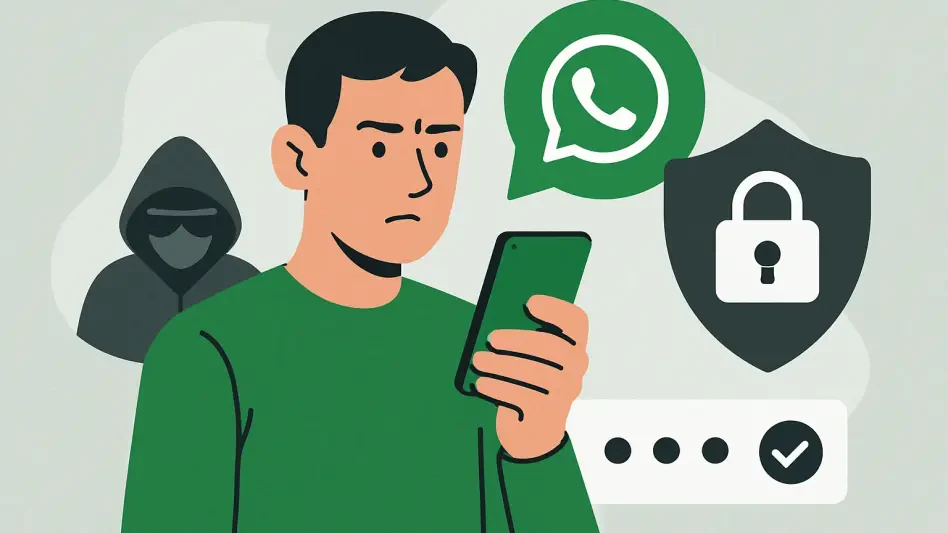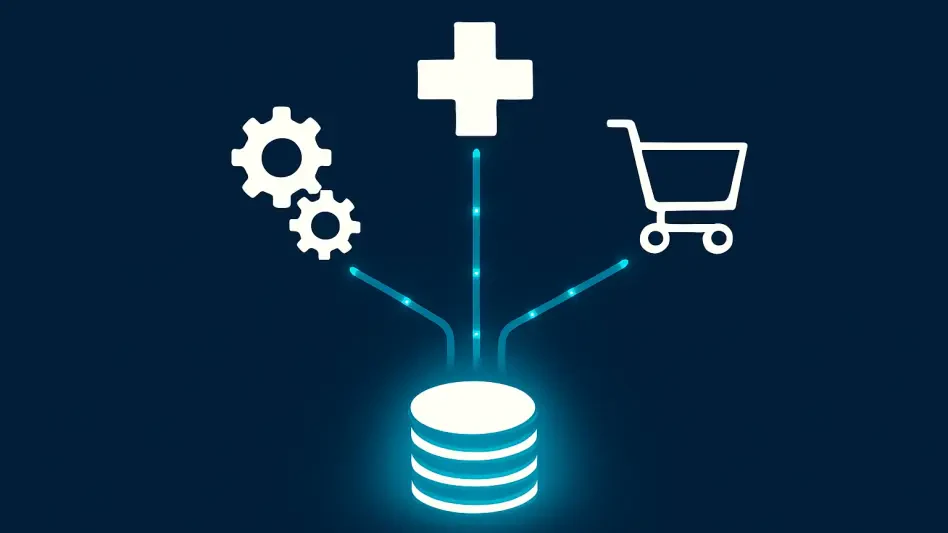What if an innocent-looking calendar invite could empty your bank account? In 2025, cybercriminals have turned a trusted feature of Apple’s iCloud system into a dangerous weapon, sending fraudulent PayPal notifications that lure users into revealing sensitive information. This emerging scam, exploiting calendar invitations, has sparked alarm among tech users and security experts alike, as it transforms a routine tool into a gateway for financial fraud. The sophistication of this attack lies in its ability to masquerade as legitimate communication, catching even the most cautious individuals off guard.
The Hidden Danger in Everyday Tech
This phishing scheme represents a critical escalation in cybercrime tactics, highlighting how deeply integrated digital tools can be weaponized. Unlike traditional email scams, these fraudulent calendar invites appear to originate from Apple’s own infrastructure, using the seemingly authentic address [email protected]. The significance of this development cannot be overstated—when trusted platforms are exploited, the boundary between safe and malicious content becomes nearly invisible, posing a severe risk to millions of users who rely on these systems daily.
The broader impact extends beyond individual losses. As more people depend on digital ecosystems for personal and professional tasks, the potential for widespread damage grows. Cybersecurity professionals warn that such scams erode trust in essential technology, making it imperative to address these vulnerabilities before they spiral into larger crises. This issue underscores a pressing need for both user awareness and systemic safeguards.
Unmasking the Scam: How It Unfolds
The mechanics of this phishing attack reveal a chilling level of cunning. Scammers send iCloud calendar invitations disguised as PayPal payment alerts, often claiming a $599 charge has been applied to the recipient’s account. These notifications urge immediate action, prompting users to call a provided number to dispute the transaction, only to be connected with a fake representative ready to extract personal data.
The deception doesn’t stop at clever wording. By leveraging Apple’s infrastructure and Microsoft 365 forwarding mechanisms, these messages bypass standard email security protocols like SPF, DMARC, and DKIM. This technical advantage makes the invitations appear genuine, slipping past spam filters and heightening their deceptive impact. Many victims, unaware of the ruse, find themselves sharing bank details or granting remote access to their devices under the pretext of securing a refund.
Reports indicate that the scam’s design exploits a fundamental trust in familiar systems. When a calendar invite pops up from what looks like a legitimate source, hesitation often gives way to urgency. This psychological manipulation, paired with technical sophistication, creates a perfect storm for fraud, leaving users vulnerable in ways previously unimagined.
Voices from the Frontline: Expert Warnings
Cybersecurity experts are raising red flags about this innovative misuse of calendar features. One prominent analyst noted, “Attackers have shifted from crude emails to infiltrating systems we instinctively trust, like iCloud calendars.” This perspective reflects a growing unease within the industry about how legitimate platforms are being turned against users.
The lack of an official response from Apple adds another layer of concern. Without clear guidance or updates to counter this exploitation, users remain in the dark about potential protections. Experts fear that silence from tech giants could embolden scammers, paving the way for more audacious attacks on other widely used features.
Some specialists suggest that this trend signals a new era of social engineering, where the focus is on exploiting trust rather than brute force. The consensus is clear: without swift intervention, such scams could redefine the cybersecurity landscape, challenging both individuals and corporations to rethink their approach to digital safety.
Real-World Impact: Stories of Deception
Consider the case of a small business owner who received a calendar invite claiming a hefty PayPal charge. Thinking it was a legitimate alert, the individual called the provided number, only to be pressured into sharing banking credentials under the guise of resolving the issue. Within hours, unauthorized transactions drained significant funds, leaving the victim grappling with financial recovery.
Another incident involved a tech-savvy professional who nearly fell for the same trap. Despite recognizing red flags, the authentic appearance of the invite—complete with Apple branding—created a moment of doubt. This near-miss highlights how even those familiar with phishing tactics can be momentarily swayed by the scam’s polished execution.
These stories illustrate the human toll of such attacks. Beyond monetary loss, victims often face stress and a lingering distrust of digital tools. The ripple effect of these incidents emphasizes why this phishing method is not just a technical issue but a deeply personal threat to everyday users.
Safeguarding Your Digital Life: Steps to Stay Secure
Protecting against this insidious scam demands a proactive mindset. Start by treating every unexpected calendar invite with suspicion, especially those tied to payment alerts. Scrutinize sender details carefully and resist the urge to call numbers or click links embedded in such notifications, as they often lead to fraudulent interactions.
Another critical step is direct verification. If a notification suggests an issue with a PayPal account, bypass the message entirely and access the official website or app manually to check for discrepancies. This simple habit can prevent falling into traps set by scammers posing as customer service agents.
Finally, bolster account security with two-factor authentication on Apple ID and financial platforms. Reporting suspicious invites to Apple and PayPal also helps flag these threats for broader awareness. By adopting these measures, the risk of becoming a victim of calendar-based phishing can be significantly reduced, empowering users to navigate digital spaces with greater confidence.
Reflecting on a Persistent Threat
Looking back, the exploitation of iCloud calendar invitations for PayPal phishing stood as a stark warning of how trust in technology could be turned against users. It revealed a critical gap in digital defenses, where even the most familiar tools became vectors for fraud. The stories of those affected underscored the urgent need for vigilance in an era of evolving cyber threats.
As solutions took shape, the focus shifted toward empowering users with knowledge and robust security practices. Tech companies faced mounting pressure to fortify their systems against such misuse, while individuals learned to question even the most legitimate-looking notifications. This incident became a catalyst for stronger collaboration between users and providers to safeguard the digital landscape.
Moving forward, the emphasis remained on proactive education and innovation in cybersecurity measures. By staying informed and adopting protective habits, society began to build resilience against future scams. This chapter in cybercrime history served as a reminder that safety in the digital age required constant adaptation and a commitment to outsmarting those who seek to exploit trust.








